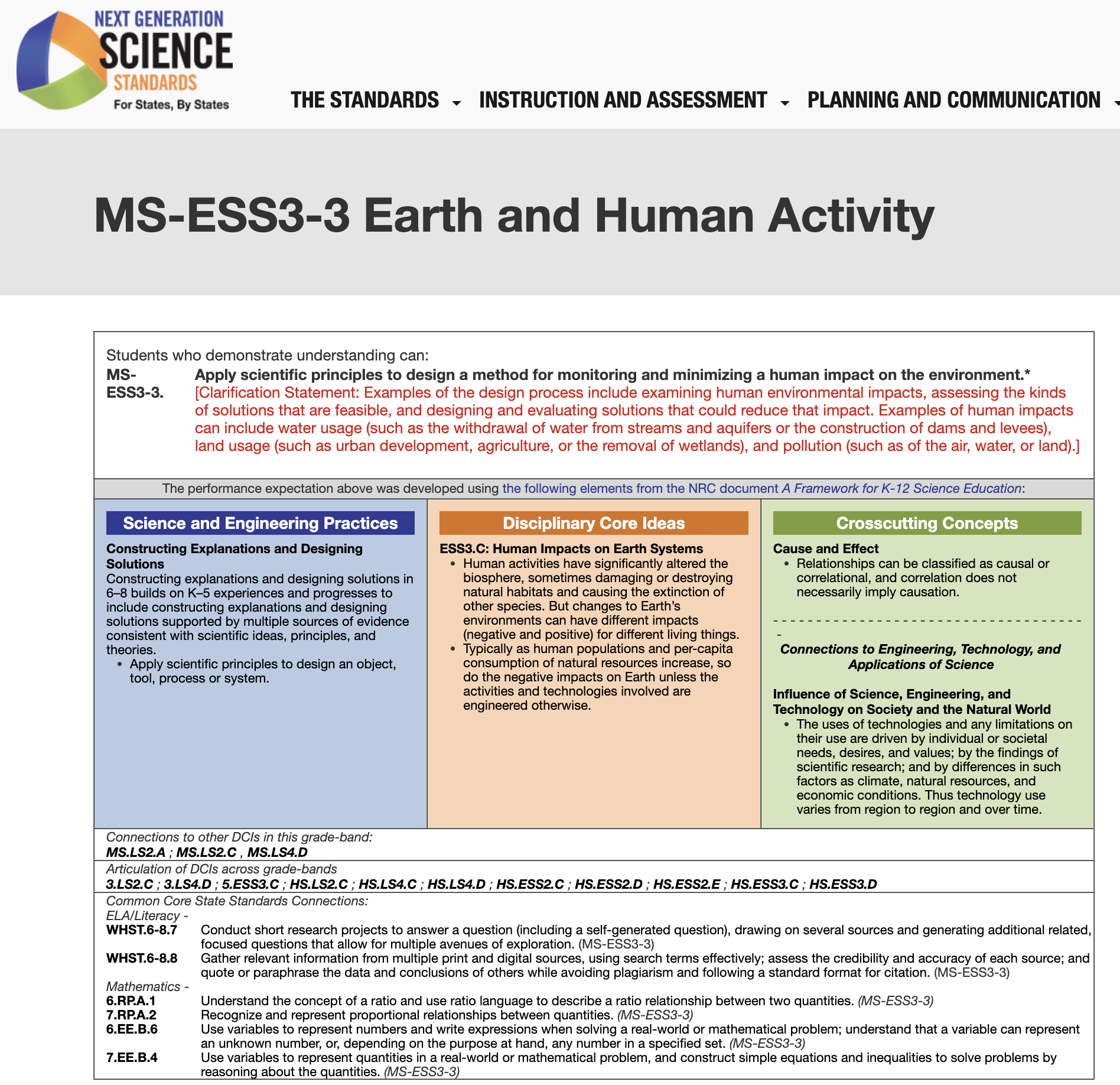Unpacking Academic Standards with AI: Discovering Hidden Depths
At first glance, an academic standard can feel like a desert landscape - seemingly barren, intimidating, and difficult to navigate. But beneath this surface lies an entire city of interconnected concepts, skills, and learning opportunities waiting to be discovered. With the right tools, educators can uncover these rich educational ecosystems that exist within every standard.
This is where AI becomes your exploration tool. Today, I'm excited to share how AskAlayna, an AI teaching assistant, can help educators uncover these hidden depths through two powerful approaches to unpacking academic standards.
Method 1: The Template-Based Approach
Unpacking Standards Template from The Big Book of Tools for Collaborative Teams in a PLC at Work © 2020 Solution Tree Press
The first method leverages a structured template adapted from Larry Ainsworth's work on standards analysis. This systematic approach ensures thorough examination of every standard component through a three-step process that transforms complex standards into actionable teaching guides.
The process begins with uploading the standards unpacking template to AskAlayna. We can simply ask AskAlayna to unpack the standard of our choice based on the attached template.
Example of a completed standards unpacking template with annotations and analysis.
Method 2: AskAlayna “Unpacking Standard” chat shortcut
Access the Standards Unpacker quickly through AskAlayna's Planning section.
For educators seeking quick, dynamic analysis of standards, AskAlayna's Standards Unpacker feature offers an immediate, comprehensive breakdown. Consider how it handles the NGSS standard MS-ESS3-3 (Earth and Human Activity):
Copy the text for the MS-ESS3-3 standard as it appears on the NGSS website.
The AskAlayna shortcut will ask use to provide the standard text we would like to breakdown. We go ahead and provide the above NGSS standard text. It will provide us with a simple, yet detailed explanation of the standard covering Performance Expectation, Science and Engineering Practices, Disciplinary Core Ideas (DCIs), Crosscutting Concepts, Connections to Engineering, Technology, and Applications of Science, Common Core State Standards Connections.
We can then prompt the AI to provide further resources such as “What are different performance tasks that students can perform to demonstrate mastery for this standard. Align them with different Taxonomy levels”. You can view the complete chat output here -
Which Method Should You Choose?
Both methods have their place in an educator's toolkit:
Use the template-based approach when:
Doing formal curriculum planning
Working with department teams
Creating documentation for accreditation
Developing scope and sequence documents
Use the direct chat approach when:
Planning individual lessons
Needing quick analysis of standards
Developing assessments
Looking for performance task ideas
The Power of AI in Standards Analysis
What makes AskAlayna particularly powerful is its ability to:
Provide consistent, thorough analysis
Generate grade-appropriate learning targets
Suggest aligned assessments
Connect standards across disciplines
Offer real-world applications
Getting Started
Whether you choose the template-based or direct chat approach, AskAlayna makes the standards unpacking process more efficient and thorough. Start by selecting a standard you're currently teaching and try both methods to see which works better for your planning style.
Remember, the goal isn't just to understand the standard but to transform it into meaningful learning experiences for your students. AskAlayna helps ensure no important aspects are overlooked while saving you valuable planning time.
For guidance on using AskAlayna for standards analysis or curriculum planning, our support team stands ready to help you get started with Professional Development. Book a free 1:1 demo or give it a try by signing up for free.




